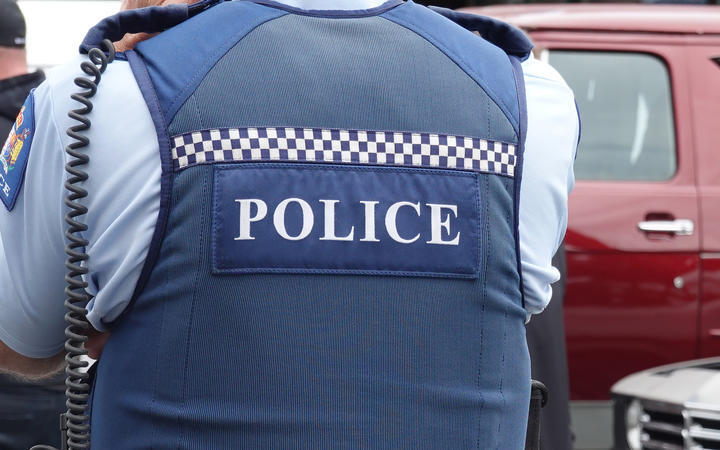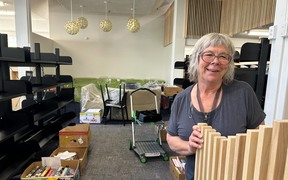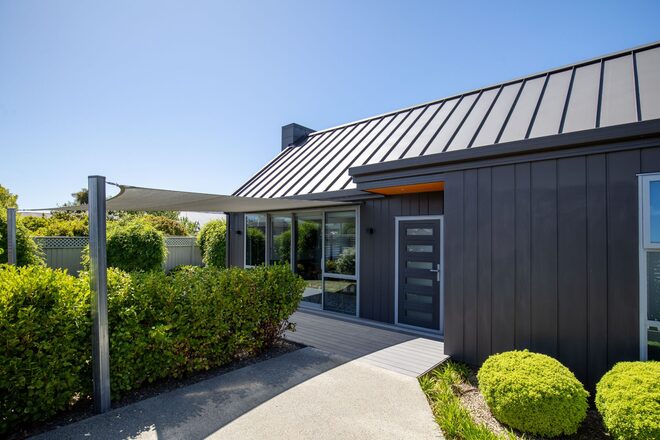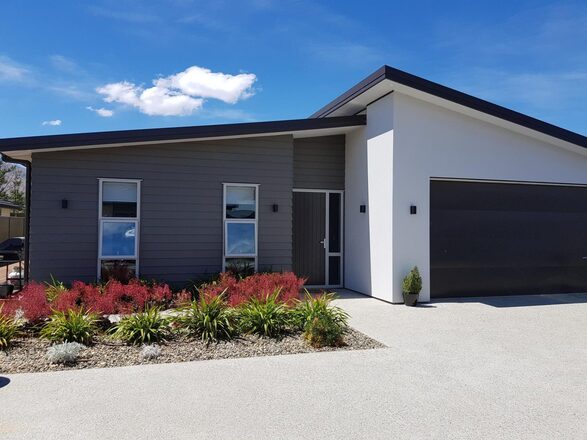Mayors column: Govt clear - business as usual not option
Mayor Tamah Alley l Opinion
23 November 2024, 4:45 PM
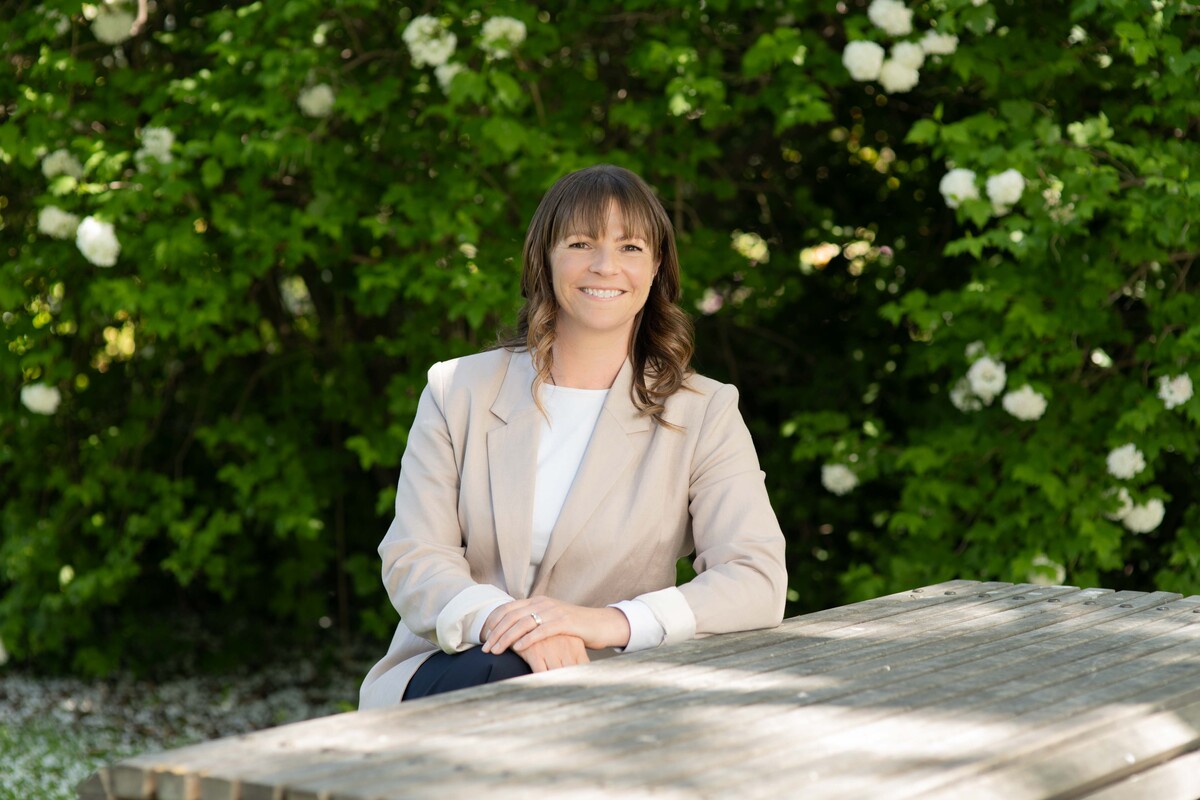 Central Otago District mayor Tamah Alley
Central Otago District mayor Tamah Alley"Business as usual is no longer an option."
This was the message from Local Government Minister Simeon Brown at our meeting this week in Wellington.
I want to highlight what he had to say about Local Water Done Well, which is National's plan for Councils to deliver clean, safe, reliable drinking water.
As part of this council needs to develop a Water Service Delivery Plan (WSDP) which will outline how we are going to meet the government's direction in the water space.
There is a very strong expectation that councils will work together, at a regional level, to achieve this.
CODC is currently in conversations with some of our neighbours about what a joint Council Controlled Organisation to take care of water services could look like. We will be discussing this at our council meeting this week.
Minister Brown acknowledged that we have inherited pressing issues. He highlighted some new tools – one being Regional Deals.
All councils have now been invited to pitch for a regional deal, with the focus areas being economic growth, infrastructure, housing and transport.
These are areas that Central Otago could really use some forward progress in, and we have started this work with our neighbours.
Interestingly, Minister Brown and Minister Shane Jones said councils who are shown to be collaborating in the water space, and taking on board the government’s direction, will be viewed more favourable when regional deals are assessed.
The key point for regional deals is that it won’t come with any money from the government.
It is more about the levers, legislation and influence that they control that can help regions to get things moving.
The other really interesting comments were from presentations from two Australian states (Victoria and New South Wales) on rates capping.
Chalk and cheese presentations.
Victoria started rates capping in 2017, and it seems to be going “OK so far.”
They cautioned maintenance was one of the first things to be reduced, and the impact on people ‘at the bottom’ was more significant when it came to cutting services.
Waste is excluded from rates capping so whatever waste increases by is still passed on the ratepayers.
NSW has had rates capping for 50 years.
There was a very stern warning from them – ‘proceed down this path with extreme caution’.
The cap does not apply to waste, water or wastewater, and sometimes what is left is not even keeping pace with inflation.
They said NSW currently has a significant backlog for asset renewal, maintenance and adaptation to climate change.
Councils can apply for an “exemption” to the cap – including up to a 51% rates increase that was approved in recent times.
Certainly food for thought as we go forward, and highlights the need for councils to diversify their income streams so we’re not just relying on rates.
